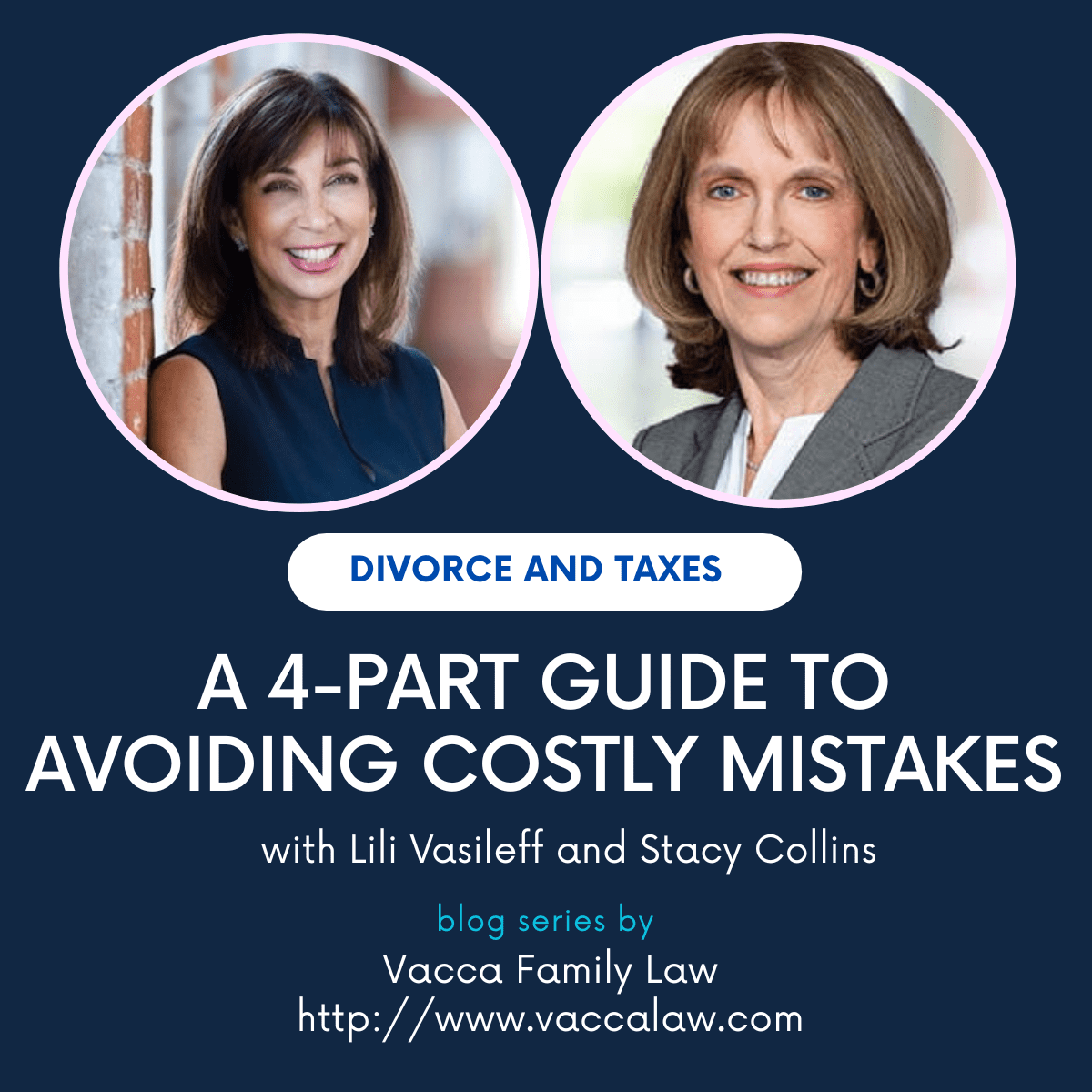There is always a certain degree of the uncertainty over which records should one keep and for how long. Most people err on the hoarding side and wind up with tons of paper or files that could be shredded or tossed. What do you need to keep and what information does your family need to know?
To Shred or Not to Shred
There are lots of good reasons for keeping track of important papers. You may be meeting with a financial adviser or an attorney; you may need essential documents without delay for theft, fire or flood insurance reasons. If something happens to you, your family and loved ones will need to know what to do and where to locate any powers of attorney, your health care proxy, bank and medical records, and your outstanding bills. Even on an everyday basis, good organization of records makes life simpler and easier.
Interestingly, less than a majority of Americans think they find a critical document when needed at a moment’s notice. An alarming percentage of people confess to losing track of, and even money, due to poor organization of paperwork. You can reduce clutter in an efficient manner and safeguard your valuable documents. And importantly, you should know what to shred to protect yourself and your credit identity against fraud. Some documents you can toss throughout the year; others you should never discard or shred. There is a timeline for every type of document that is generated. The key to staying on top of how long to keep documents is to create and utilize an organizing system for the paper inflow. Personal organizers are fabulous resources for categorizing and laying out detail instructions, contacts, locations, copies of business, medical and legal documents, and sometimes, even final wishes. As follow up to a divorce, I routinely offer my divorced clients an outline or checklist for getting and keeping their records organized and updated.
Below are some quick tips for which records to keep, for how long, and why:
| Documents: | When to shred: |
| Bank deposit slips | After you reconcile your statements |
| Banking statements | After a calendar year; store with tax returns if they will be used to prove deductions |
| Brokerage, 401(k), IRA, Keogh, and other investment statements | Shred monthly and quarterly statements as new ones arrive; hold on to annual statements until you sell the investments |
| Credit-card bills | After you check and pay them, unless you need them to support tax filings |
| Employer defined-benefit plan communications | Never |
| Household warranties and receipts | After you no longer own the household items |
| Insurance policies | After you renew them |
| Investment purchase confirmations and 1099s | Hold until you sell the securities, then keep with your tax records for an additional seven years |
| Pay stubs | After you reconcile them with your W-2 |
| Receipts | After you reconcile them with your credit-card or bank statement unless needed for a warranty |
| Safe-deposit box inventory | Never, but review and update annually |
| Savings bonds | Cash them in when they mature |
| Social Security statements | When you get a new statement, then shred the old one |
| Tax returns and supporting documents | After seven years |
~~~
For more information, see this article in Consumer Reports:
https://www.consumerreports.org/cro/2010/03/conquer-the-paper-piles/index.htm



